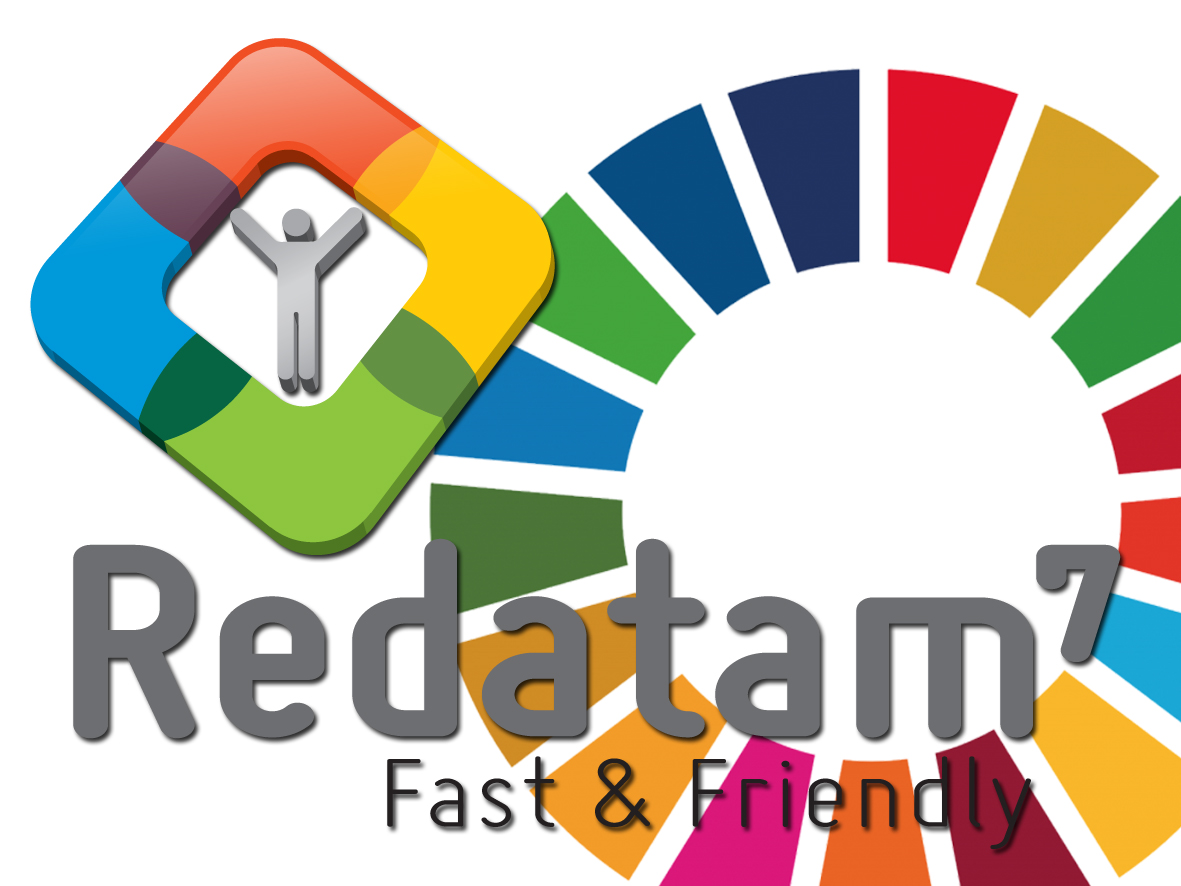Registration is now open for the online regional workshop: Measurement of SDG indicators and follow-up of the 2030 Development Agenda through the processing of census data with REDATAM and mapping with QGis
Classes will be taught by modules of three hours daily, for six days, and will be streamed using the Teams platform. They will focus on the processing, analysis and mapping of indicators from population and housing censuses using Redatam and QGis with the goal of learning their functionalities. We will explore the potential offered by censuses in the generation of indicators for monitoring the Agenda 2030 and the SDGs.
This workshop is intended for National Statistical Institutes and other public organizations, as well as representatives from academia and NGOs and has a maximum of 30 seats. The enrollment dateline is April 27th .
The region faces substantive challenges related to data sources to measure real progress in achieving the objectives and goals of the development agendas. In this context, population and housing censuses appears to be a primary source of information and should be considered as essential information for the calculation of the follow up indicators. Censuses are universal, they apply to the whole population within a country, they provide basic information at the dwelling, household and person levels, allowing the socio demographic characterization of the population and its living conditions.
Likewise, the census round 2020 is starting during the pandemic in many countries of the region. With two census rounds available, countries will monitor the Agenda 2030 through the comparison of the indicators. Likewise, censuses allow the construction of indicators with different disaggregation as stated in the SDG 17.18 to enhance national capacity to significantly increase the availability of high-quality, timely and reliable data disaggregated by income, geographic location, and other characteristics relevant in national contexts.
Redatam, a statistical processing freeware software developed by CELADE-Population Division, offers key features such as its hierarchical data structure, friendly interface, and at the same time, the fast and efficient processing and analysis of specific population groups, given the universality of census.
The display of statistics through maps and their various ways of representing spatial distribution are an advantage for communicating and making visible the social inequity that exists in the region at the national and subnational levels. Therefore, we will dedicate several sessions to mapping with QGis.
This workshop offers the opportunity to process, analyze and map information from population and housing censuses using Redatam emphasizing the creation of indicators defined in the Sustainable Development Goals (SDGs) that can be derived from censuses as the primary source. For example:
- SDG 1.4.1 Proportion of population using basic drinking water services, by location.
- SDG 3.c.1 Health worker density, by type of occupation by zone
- SDG 11.1.1 Proportion of urban population living in slums
As mentioned before, the spatial distribution of social inequalities can be analyzed using maps and adding the suggested disaggregation that can be computed form census data at national and subnational levels, such as: rural and urban areas, age groups, sex, disability, belonging to indigenous peoples, and others.
Classes will be streamed live in modules of three hours daily, for six days, and will be in Spanish. Therefore, students must activate the application every day (the link will be provided) to listen to the teacher and watch the ongoing exercises, classes are mandatory. However, the classes will be recorded daily so the participants will have the opportunity to review it at any time. Also, exercises will be assigned to work individually after classes and study sessions will be offered, where students who have doubts can clarify them with the facilitators.
- Cost: USD 200 dollars
- Date: May 10th -17th 2022, Daily 3 hours modules
- Venue: Microsoft Teams virtual platform
If you intend to participate in this workshop, please complete the registration form and send it by email to orly.winer@cepal.org. Remember that the registration deadline is April 27th and that we only have 30 places. We will notify the selected persons after the registration closing date.
Related content

Online regional workshop: Measurement of SDG indicators and follow-up of the 2030 Development Agenda through the processing of census data with REDATAM and mapping with QGis
Classes will be taught by modules of three hours daily, for six days, and will be streamed using the Teams platform. They will focus on the processing, analysis and mapping of indicators from…